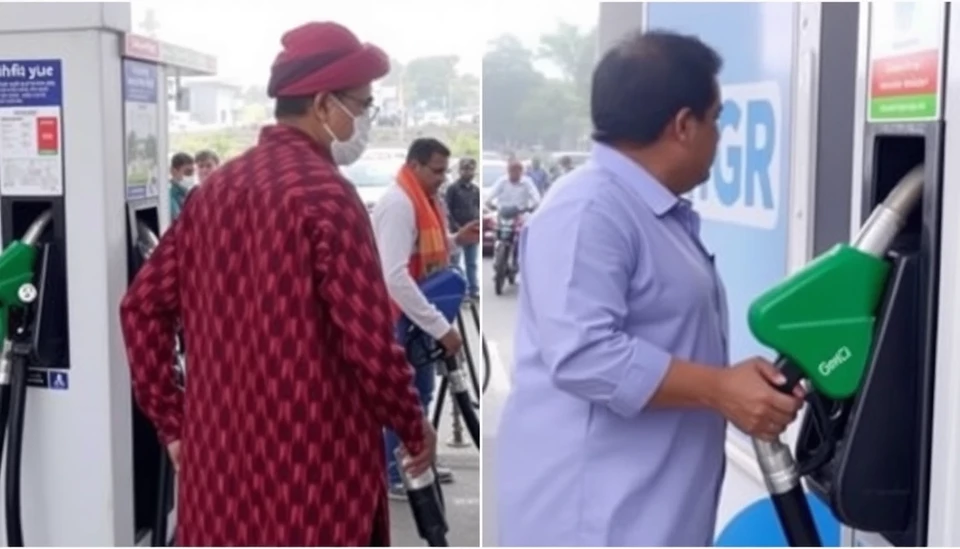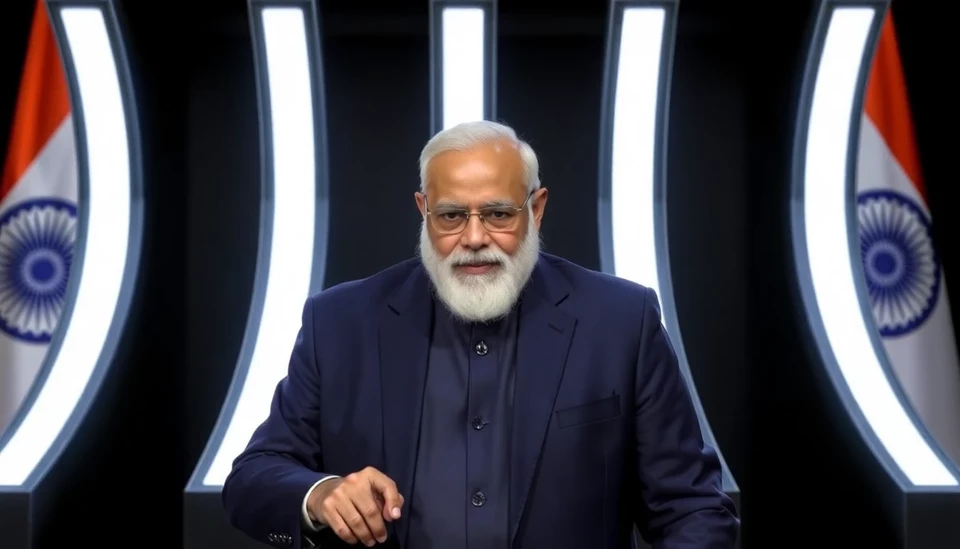
In a surprising turn of events, the Indian government has decided to increase taxes on fuel, yet it has chosen to keep the retail prices at the pump steady for consumers. This dual approach is a strategic maneuver aimed at balancing the country's fiscal challenges while avoiding immediate backlash from citizens facing rising living costs.
The decision comes at a critical time for India, which is managing the economic impact of various global and domestic pressures. With inflationary concerns on the rise, the government appears focused on sustaining economic growth while generating additional revenue through higher fuel taxes.
The latest tax hike is set to impact various grades of fuel, including diesel and petrol, though the exact figures for the increases have been left somewhat ambiguous in official statements. This increase will directly affect the earnings of oil companies, as they often struggle to pass on price hikes to consumers without inciting public discontent.
Experts suggest that this move may be part of a larger initiative to fortify the government's finances and fund vital infrastructure projects. By opting to keep fuel prices steady, the government hopes to gain public support, all while securing the financial resources necessary to implement its developmental agendas.
Despite the immediate stagnation in retail prices, analysts warn that this situation might be short-lived. Consumers and businesses alike are advised to prepare for potential price adjustments in the future as oil companies and the government continue to navigate the treacherous waters of international oil price volatility and domestic fiscal responsibilities.
Industry stakeholders are closely monitoring these developments, as they could set a precedent for how the government manages fuel pricing in the months ahead. The repercussions of this hike could ripple through various sectors of the economy, given the integral role fuel plays in logistics, transportation, and overall cost structures.
As the government makes this bold decision, it remains to be seen how effectively they will communicate these changes to the public and whether their strategy will be successful in maintaining social stability amidst rising taxes.
In summary, India’s newfound policy of increasing fuel taxes while keeping consumer prices stable is a novel approach to addressing the pressing needs for revenue generation and economic stability. The long-term effects of this strategy on both the market and the populace will undoubtedly unfold in the coming months.
#India #FuelTaxes #EconomicPolicy #Inflation #OilPrices #GovernmentStrategy
Author: Laura Mitchell




